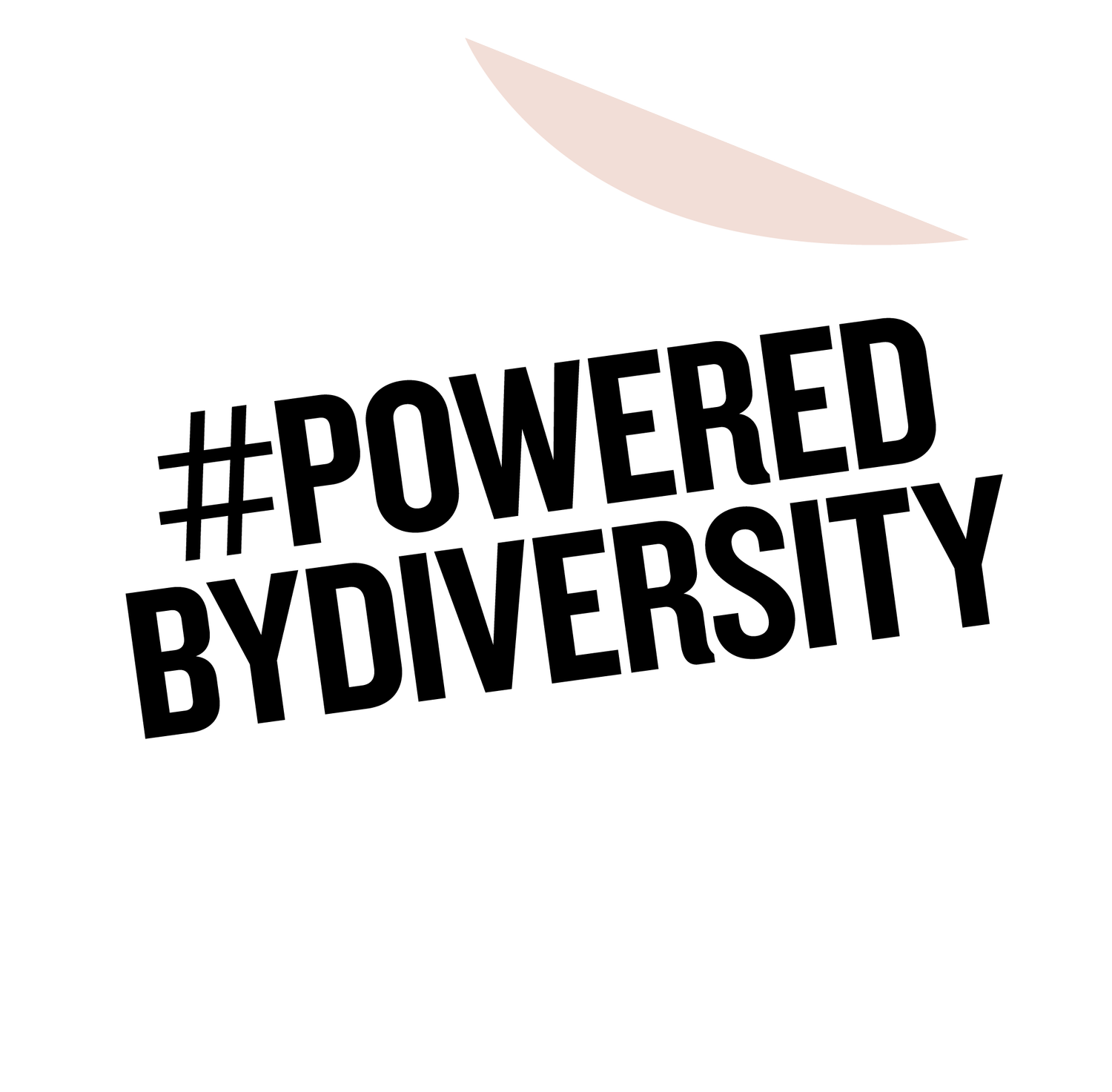3 Ways Your Tech Company is Putting Off Female Job Applicants
MUCH HAS BEEN WRITTEN ABOUT THE HUGE LACK OF WOMEN IN TECH.
The numbers are pretty dire and there’s barely been much of an upward change in the last 5 years. The increase of women in tech has only gone up by a measly 2%. There’s a whole variety of reasons for this, but one of the things I’ve heard time and again is:
We just don’t get any women applying to our advertised roles! - Tech Companies from All Over
In a past position, I remember directly asking the developers at the company why they didn’t have any women on the team. And that was exactly the answer I received, with a resigned shrug. They weren’t against having female developers, they just weren’t attracting the talent. We already know that women are better at coding than men (not my words, there was a very conclusive study) so what could have been the problem?
Companies very often state their commitment to hiring diverse teams when they advertise their open roles. They pride themselves for their varied workforce and are happy to shout from the rooftops about how they are building an inclusive environment. Many organisations have a dedicated Careers page on their website, which may well even feature photographs of some of their female employees. But they still aren’t attracting talented female applicants, even when they really want to.
I have to admit that I hadn’t given much thought to any of these revelations until recently, when I’ve been applying for new roles myself. The last time I was an active job-seeker was in 2009, I was in my mid-20’s and child-free. Now I’m a married mother in my mid 30’s and I may as well have had a job-hunting lobotomy because in some ways, I am basically a completely different person. What attracts me to a role has evolved. It’s not just me though; it’s most women, whether we have children or not. Potential employers just haven’t written job ads that get our attention in a positive way.
I’ve done some extensive research (I’ve read a lot of job descriptions lately) and I’ve discovered that there are the 3 main reasons why tech companies are harming their chances of attracting female candidates.
1. THE PERKS ARE NOT NECESSARILY PERKS FOR EVERYONE
There was a time that finishing at 3pm on Friday for beers on the company’s rooftop terrace would have been a top selling point for me. But now when I see that or similar at the top of a list of company perks, I know that I am probably not going to fit in with the culture. I am far from a fun sponge, but I have to get home to see my child, and my husband. It also tells me that my current stage of life will exclude me from a certain ‘club’, if you like. I will not be privy to any gossip about what happened on Friday when Monday rolls around. I would worry that I would instantly become persona non grata in the eyes of many of my colleagues. We’ve all seen the films where all the corporate mega deals are done in some kind of boozy den of inequity by a bunch of slurry dudes.
But it isn’t just Mums and Dads who have lifestyles that aren’t especially compatible with this culture. Not everyone wants to, or can, drink - for whole variety of personal reasons - and no-one deserves to feel penalised for this.
Other perks that make me want to hide?
Poker Nights, Crazy Golf tournaments and Ping Pong tables in staff rooms. All these things just ooze ‘Bro Culture’ and I am not down for that. This appears to be a particular problem among start-ups and it really does need addressing. From my own perspective, I can barely remember how to play Poker and I can find plenty of other ways to make myself feel inadequate work instead rather than put in a rubbish effort in a Ping Pong tournament. I like to think that this LadBible approach to office life comes from a good place though. No one wants to work in purgatory, we all like fun. But the presentation is important and no-one should be made to feel like they are obliged to attend the fun.
The perks that get women excited?
Flexibility and understanding. I love working from home, but I also love going into the office because I really miss adult company. Being able to do both is absolutely priceless and I promise you will get my very best work if you let me work this way. And it’s not just working parents, literally everyone benefits from flexibility. People with pets that need taking to the vet. People who have elderly parents, friends with cancer and appointments for unpleasant root canal surgery. And if there is one thing we’ve learned while living through a pandemic, it’s that so many jobs can, and were, done perfectly well (sometimes even better) from home.
Tech firms also need to shout very loudly about about their unrivalled parental leave policy. Don’t just mention Maternity Leave, mention Paternity Leave. Spell it out. If you are truly dedicated to having a workplace that promotes gender equality then this is what you need to do. That will have a real impact on attracting a whole range of women at different stages of their lives, I promise.
2. LACK OF SALARY TRANSPARENCY
I honestly don’t think it matters if you’re an entry level graduate or senior management, knowing what you can expect to earn is in the top 3 of things you want to know when applying for a job. Even if there’s a wide gap between the top end and the bottom end, I would love employers to be totally clear about the banding, and explain why. And let’s be very frank here, any company that is advertising a job has no excuse for not knowing what the salary is going to be.
Potential female employees deserve to know what their skills are worth to their prospective employer. From a personal perspective, I have spent time and money on honing my existing skills and gaining new ones; and I want my employer to value that. But most of all, I want to be able to see if I am possibly being discounted from receiving the higher end of the pay scale because I am a mother.
You can read the full report on The Motherhood Penalty by the TUC here, but what you need to know is that by the age of 42 mothers who are in full-time work are earning 11 per cent less than full-time women without children. Like most working mothers, I could say so much about this, but I’m sticking to the point of this article.
Employers: when you don’t publish a salary along with a role, alarm bells start ringing for women. We deserve to know from the very start what the pay parameters are and the reasons you have for them. I especially want to know if I might possibly be penalised because I have a child. I want to know that if I’m offered a role with you, that I’m not going be offered a package which is 11% lower than my male counterpart. I need to know this before I sign a contract if employment.
Women want to know if we might possibly be offered a different salary because we might either procreate in the future, or we already have - and it does put us off if we don’t know. I am certain that many, many hiring managers DO want to attract women, with or without children. I fully understand that we are a long way from achieving total pay transparency, but I think that companies could do a lot more about it.
3. SUBTLE GENDER BIAS IN JOB ADVERTS
You might be the most flexible workplace in the U.K and fully committed to a diverse workplace but your firm could easily be turning women away with the language being used in your job adverts. It’s so unconscious that your hiring team probably didn’t even realise it was a problem.
Job descriptions that use nouns like ‘superhero’, ‘wizard’, ‘ninja’ or ‘rockstar’ are a big turn-off for potential female applicants. Sure they suggest power and capability, that is undeniable. You want a capable and powerful Product Manager or Commercial Director. Trouble is, those words are so masculine that they practically spray testosterone.
I suspect that Hiring Managers don’t even actually want someone who styles themselves as a rockstar, when rockstars are universally understood to have unreasonable tantrums and fragile egos. That’s certainly not an ideal employee by my standards...
The fact is, when most people read these words like ‘superhero’, ‘wizard’, ‘ninja’ or ‘rockstar’, they immediately associate them with men. I see Superman, Axl Rose and Gandalf the Grey and I don’t have much in common with any of them. If you answer completely honestly; who do you see?
Instead of using a buzzword cliche, I wish employers would say what they really mean. Passionate, energetic and enthusiastic are traits that everyone can have. I’m not sure I’d want to apply for a job where I have to be a superhero, I’d worry I wouldn’t live up to the mark. But I have plenty enthusiasm when it comes to tech. I will absolutely be a reliable team member and I will be as cool as cucumber in a crisis.
There’s a bucket-load of gender-charged words out there, tech firms probably don’t even realise just how many. But thankfully, for every masculine word, there is a neutral alternative.
Strong (sound, steady, excellent, solid)
Analysis (investigation, study, test, testing, research, data)
Drive (energy, inspiration, guide, steer, push, run, deliver, energise, inspire)
Lead (head, top person, manager, run, head up, manage, steer, grow, pioneer)
Decisions (choices, conclusions, judgments, moves, outcomes, steps, actions)
Just a few examples here, but help is at hand! Textio have a language decoder tool which specially developed to pick up and decode gender bias, so there’s really no for employers not to implement this as standard practise for all new hires. It would make such a huge difference.
It’s by no means an exhaustive list, but if you happen to be a tech employer who is actively addressing the female talent pipeline in your firm, then women like me are looking. Hell, I’m looking.
Why haven’t I applied to you? Check the 3 points above.
ABOUT ELLIE MAIDMENT
Ellie is striving to be the sort of role model she needed when she was younger. Having always had an interest in technology, she was always a little bit intimidated by the overwhelmingly male environment. She worked in the SaaS sector for many years before she left to become a parent and finally gained the self-belief to learn to code.
Now she loves to build websites and get on her soapbox about how there are still not enough women in tech - and what we can do to change this.




